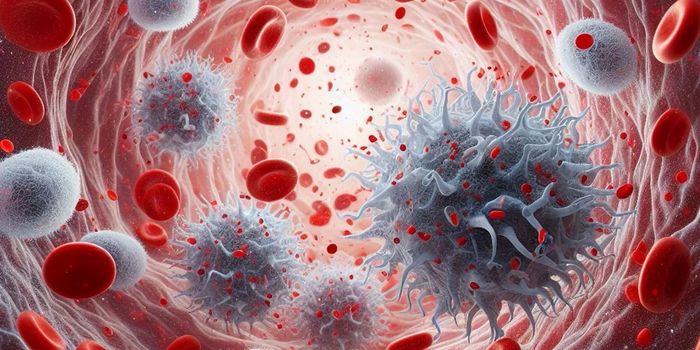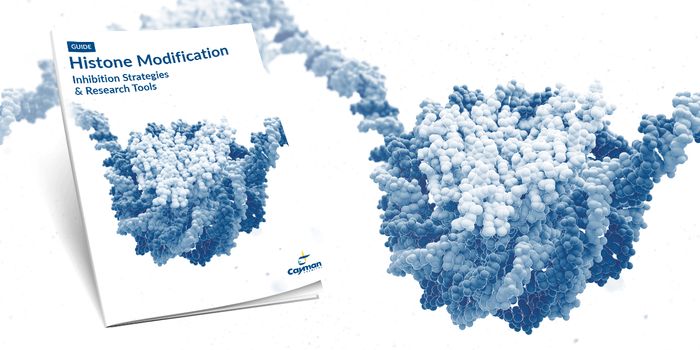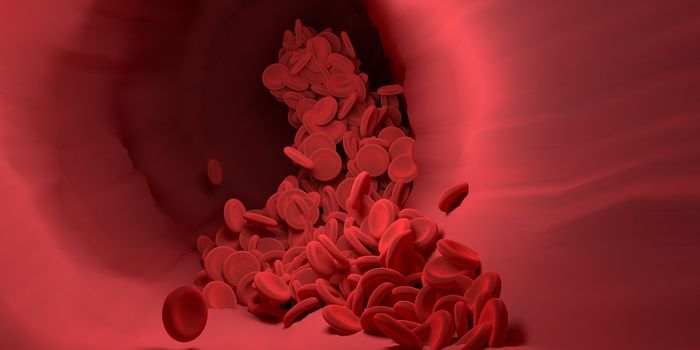Fighting mesothelioma with curcumin
Research led by investigators at Flinders University in Australia is spearheading new developments in cancer prevention and treatment using curcumin, a component found in turmeric. Curcumin has been touted for its beneficial health properties, specifically its anti-inflammatory properties that have been shown to help with diseases such as Type 2 diabetes, cancer, and inflammatory bowel disease.
Flinders University scientists will be running a clinical trial in 2021 for patients with mesothelioma, a type of cancer caused by exposure to asbestos. Australia has one of the highest per-capita rates of asbestos-related disease in the world, with over 650 Australians receiving diagnoses in the last year. The scientists conducting the trial say they hope treatment with intrapleural liposomal curcumins will offer treatment with fewer toxic side-effects than chemotherapy.
"That's why it's important to explore alternative therapies and facilitate early diagnosis to reduce suffering and support early intervention measures," says Flinders University lead researcher Associate Professor Sonja Klebe.
In addition to improving patient survival and quality of life, Klebe says they are investigating the possibility of early diagnostic methods with a special lung fluid test. "In most cases, malignant mesothelioma is not diagnosed until it is in the late stages," she says. "We're hoping to find a way to test for the disease before it becomes invasive."

Patients diagnosed with malignant mesothelioma have a grim outlook: prognosis following diagnosis shows low survival rates with five-year survival reaching less than 5%. There are currently extremely limited treatment options because of high resistance rates to chemotherapy associated with the disease.
Sources: Anatomical Pathology, Eureka Alert








